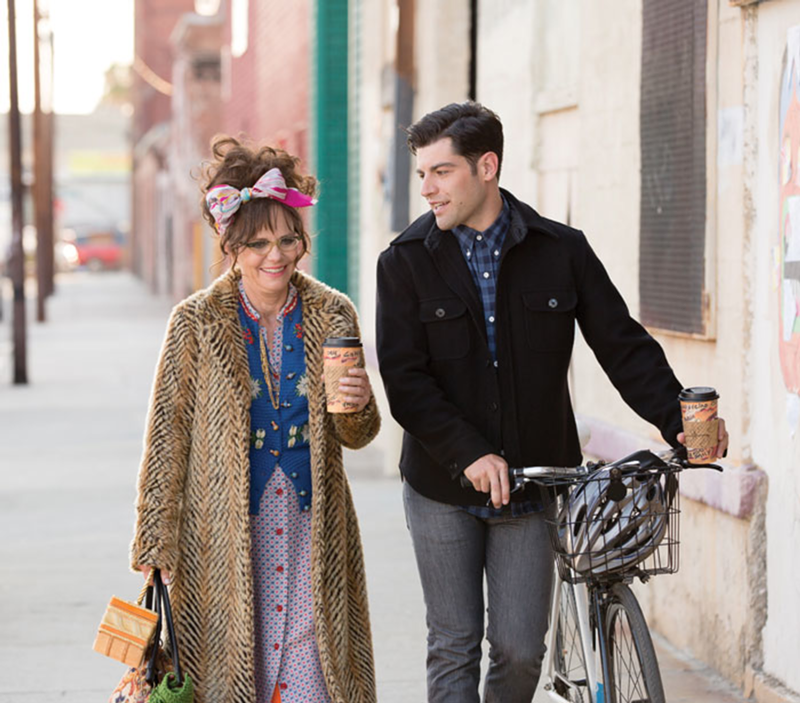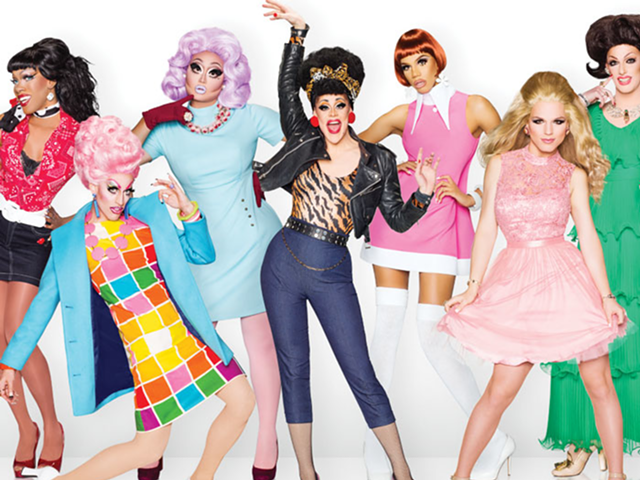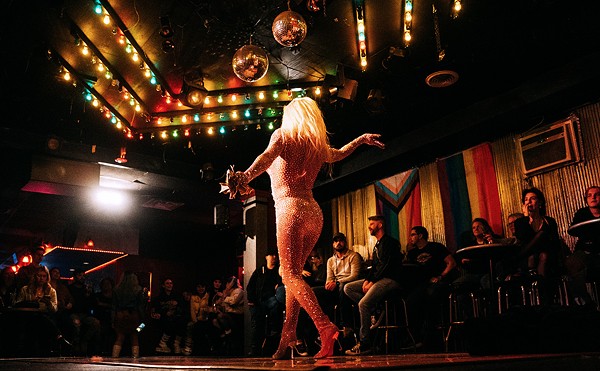Well-earned melancholy is a sexy attitude, and it is best represented in the eyes, shaded by lids no longer afraid of blinking and missing a moment. They sometimes close in our presence, these mature eyelids, and remain drawn down, allowing for a chance to cherish a past experience — the joy, yes, but also the hurt, which is not as raw as it once was. Those eyes understand that in the midst of pain there is also life-long redemption, a gift that blossoms into its own.
I have always appreciated the fullness of life that I could glimpse in others, especially women of a certain age. Experience might have been the more important characteristic. Age was merely the obvious signal I could recognize at a glance.
I’ve never understood why our standards of beauty focus on the superficiality and the immaturity of the surface. It is what we see, of course, but it says nothing of what we know, what we hold inside.
Writer Ralph Ellison addresses the invisibility of black folks in Invisible Man: “I am a man of substance, of flesh and bone, fiber and liquids — and I might even be said to possess a mind. I am invisible, understand, simply because people refuse to see me.” The same could be said about older women in Hollywood. As soon as this argument rises to the fore, though, the industry recoils with rationalizations.
Women remind us of our fears of mortality, our humanity — the suffering, shuddering and struggling courageously in the face of inevitable death, as Cornel West defines the meaning of being human — so why wouldn’t we want to ignore this aspect of ourselves? Why wouldn’t we convince women, if we must see them as they age, that it is best to fix themselves and stave off this bitter reality that makes us so uncomfortable?
But are we in the midst of a revolution, a reconsidering of our fears? And if so, then how do we see certain women now?
Take for instance, Lily Tomlin and Jane Fonda, who enjoyed an attention bump thanks to their work on the Netflix series Grace and Frankie. As the ex-wives of longtime best friends and business partners (Martin Sheen and Sam Waterston) who come out of the closet, the two women are left to fend for themselves in a strange new world of relationships. Besides the show, Tomlin held center stage in the indie dramedy Grandma, briefly attracting Oscar consideration, while Fonda launched a buzz-worthy drone strike in Youth, as an aging yet highly self-aware diva. Both women made the camera lock onto them with bold, fixed stares, their unblinking honesty rendering them defiantly naked before us.
Somewhere else along this spectrum lies Sally Field as Doris Miller in Michael Showalter’s romantic dramedy, Hello, My Name is Doris. Again, referring back to Ellison’s classic prologue, while Doris is decidedly “not a spook like those who haunted Edgar Allan Poe,” she does recall one of our “Hollywood-movie ectoplasms,” because she is a quirky romantic loner straight out of the plot-line playbook. Except for the fact that she is a 60-something woman, long past what anyone would consider her dating prime. She is the old maid every Katherine Heigl character fears she will become.
Doris attends a self-help seminar, hears that she should take proactive steps in her life and stumbles into the prescribed action, placing herself in the path of John Fremont (Max Greenfield), a much younger coworker who perceives a vague outline of her, which comes into focus over the course of the narrative. It is not just that he begins to see her, but that Doris makes herself visible, going far beyond wardrobe choices that appeal to the retro-fashion crowd prowling around thrift shops. She enters the field of vision of her other coworkers, most of whom, like John, are two generations removed from her.
She lives in her quirkiness, proving it is not a play toward trendiness. She truly is a matured version of this cohort of career-minded women playing the game, but sensing that they might be sacrificing families and relationships along the way. Doris is the self-help model, showing them that it is alright to go it alone. She may not be anything more than a ditzy Hollywood fantasy, a minor blip on the radar likely to disappear from our sights, but Field, in this rare fleeting glimpse, helps us to appreciate the kind of beauty that doesn’t fade away. (Opens Friday) (R) Grade: B+






